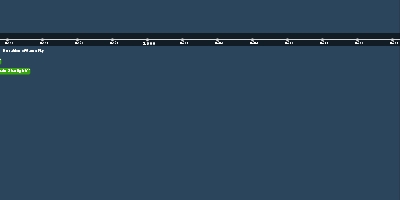jan 1, 1891 - PE: Great Shearers Strike
Description:
A massive labour dispute has erupted in the pastoral industry of Queensland, pitting the shearers and other workers against the squatters and the government. The conflict, known as the Great Shearers’ Strike, began in January 1891, when the pastoralists, facing a decline in wool prices and an increase in competition, decided to lower the wages and conditions of the shearers and introduce non-union labour. The shearers, who were organised by the Australian Labour Federation (ALF), refused to accept the new terms and went on strike, demanding a minimum wage of one pound per hundred sheep shorn, union recognition and preference, and an eight-hour day. The strike soon spread to other parts of Queensland and New South Wales, involving about 15,000 workers. The strikers set up camps and formed armed pickets to prevent scabs from entering the stations. The pastoralists and the government responded with force, sending in police and troops to break up the camps and escort the scabs. Several violent clashes occurred between the strikers and the authorities, resulting in injuries, arrests and deaths. The most famous incident was the Battle of Barcaldine, where a group of strikers attacked a train carrying scabs and troops on 29 April 1891. The strike ended in June 1891, after the ALF leaders were arrested and charged with sedition and conspiracy. The shearers were defeated and forced to accept the pastoralists’ terms. However, the strike also had a lasting impact on the Australian political scene, as it inspired many workers to join or form labour parties, which eventually led to the emergence of the Australian Labor Party as a major force in national politics. "Added to timeline:
Date:
jan 1, 1891
Now
~ 134 years ago
